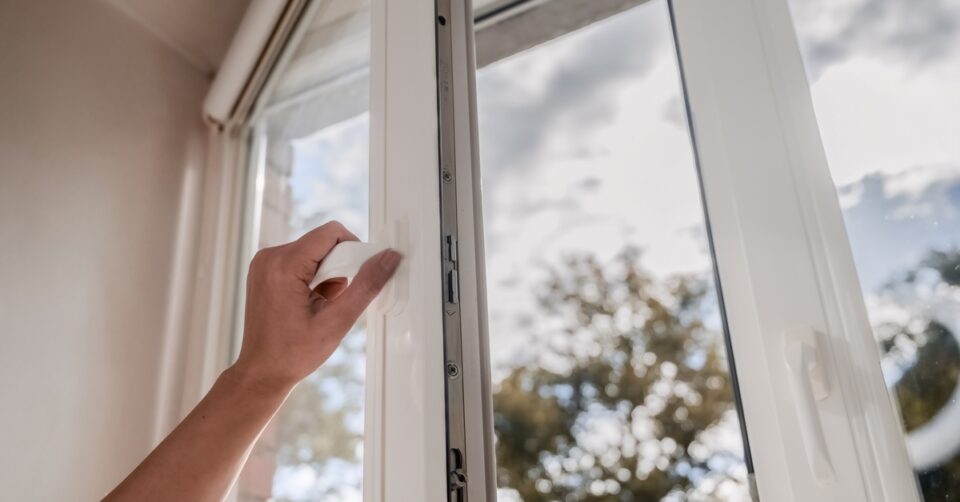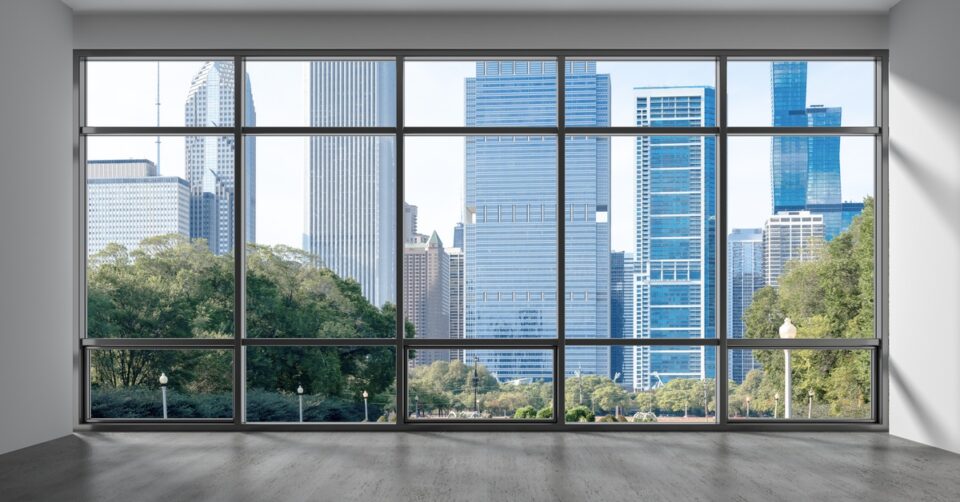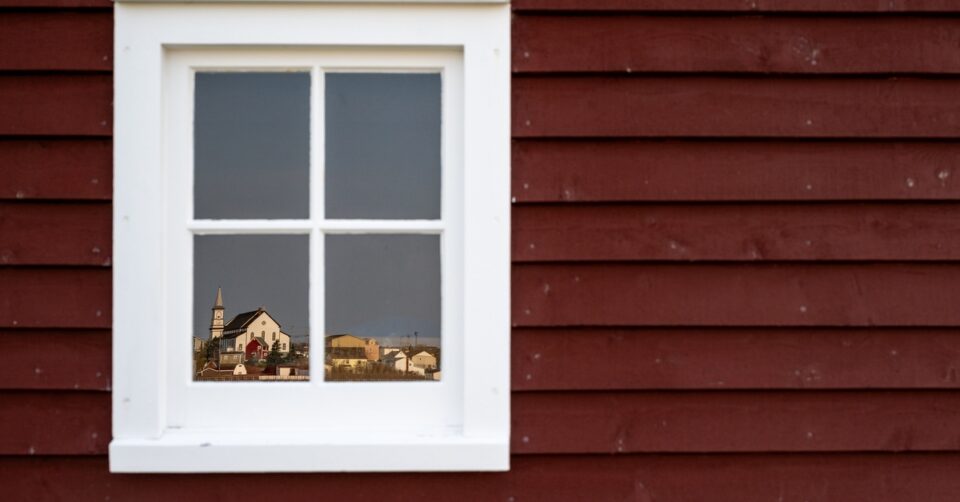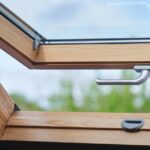
Historic Home Wood-Clad Window Replacement Challenges
June 23, 2025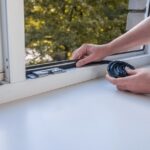
When Is the Best Time of Year To Install Windows in Chicago?
July 29, 2025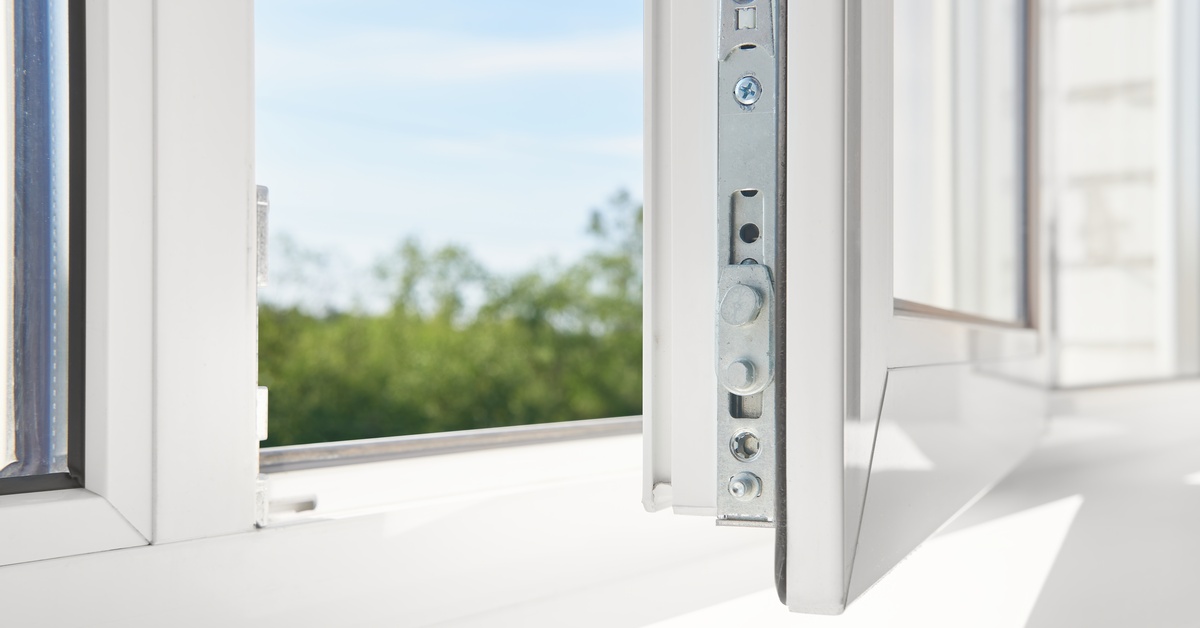
Keeping your home warm during the winter and cool in the summer depends on more than a functional HVAC system. Insulation is the key. While many people believe insulation begins and ends with walls and roofing, windows are equally important to controlling energy loss and temperature fluctuations.
Vinyl windows, specifically, are one of the most effective options, but how do vinyl windows improve home insulation? Take a closer look into how their properties regulate indoor temperatures and contribute to energy savings.
Vinyl Provides Superior Thermal Resistance
Vinyl or polyvinyl chloride (PVC) is a material recognized for its thermal resistance. Unlike metal frames that easily conduct heat or cold, vinyl minimizes energy transfer between a home’s interior and exterior. This unique attribute stems from its low conductivity. In essence, there’s a decrease in the heat lost during winter and the heat entering the home during summer.
Modern manufacturing processes enhance vinyl’s insulating properties. Vinyl windows include multiple chambers inside the frame that trap air, acting as an additional barrier against heat transfer. The design makes vinyl windows highly effective in maintaining an even indoor temperature.
Durable Materials Preserve Insulation Over Time
Vinyl windows’ durability is one of the greatest reasons why they are long-lasting insulation solutions. The material is highly resistant to moisture, UV exposure, and temperature fluctuations.
Unlike wood, vinyl doesn’t warp, swell, or develop gaps that might compromise insulation. This translates to minimal sealing, painting, and cleaning tasks over the product’s lifetime compared to materials that consistent care.
A simple wipe-down with soap and water suffices to keep vinyl windows in great condition. This low-maintenance aspect saves time, contributes to consistent insulation performance, and retains appearance.
Tight Seals Prevent Air Leaks
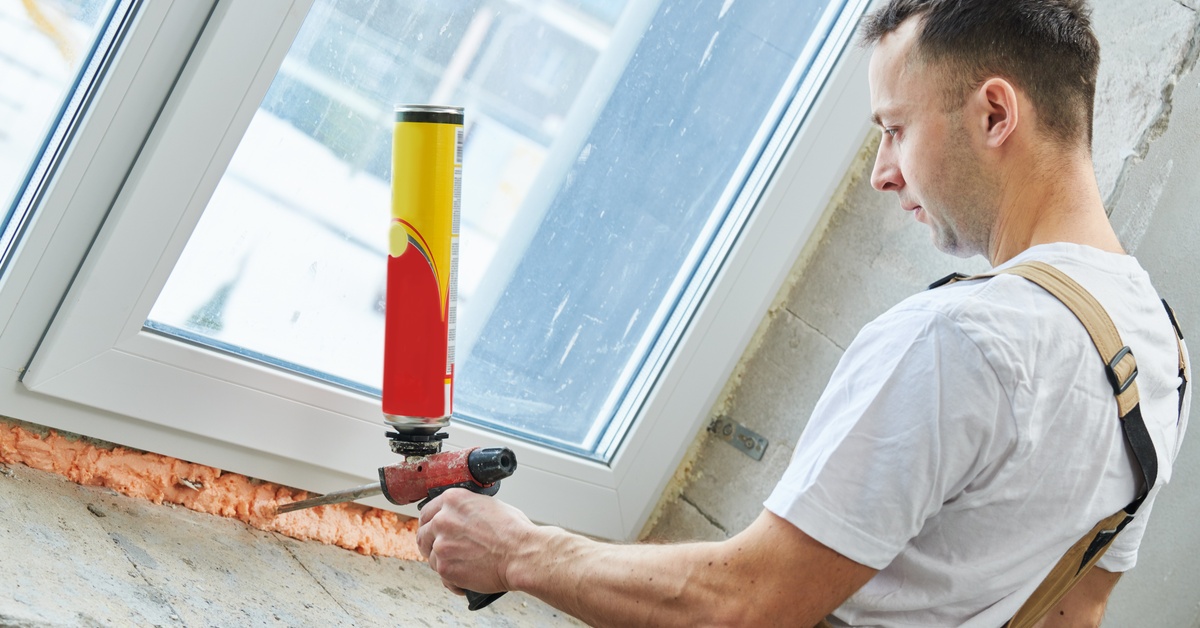
When windows don’t fit properly or lack quality seals, drafts and air leaks can occur, dramatically impacting indoor comfort and increasing energy consumption. Vinyl window designs fit snugly within the frames, which eliminates gaps where air might escape or enter.
Engineers commonly implement advanced technologies like fusion welding during vinyl frame assembly. The process fuses the corners of the frames together for a permanent and airtight bond. Such precision engineering ensures that vinyl windows maintain a tight seal, preventing drafts and improving overall insulation.
Weatherstripping is another important component in vinyl window installations. High-quality weatherstripping materials, like compression or foam tape, act as safeguards against air infiltration. Together, these features make vinyl windows an effective barrier against temperature fluctuations caused by air leaks.
Energy-Efficient Glass Enhances Insulation
The glass type paired with the frames amplifies how vinyl windows improve home insulation. Double- or triple-pane glass is a popular option for vinyl windows to boost energy efficiency. These panes include insulating gas, such as argon and krypton, to block heat transfer more effectively than air.
Low-emissivity (low-E) glass coatings are another feature often included with vinyl windows. Windows with low-E coatings reflect infrared heat and let visible light pass through.
This ensures homes stay warmer during colder months and cooler during summer while still receiving natural daylight. The combination of a highly insulative vinyl frame and advanced glass technology considerably reduces energy loss through windows.
Vinyl Windows Lower Energy Costs
Poorly insulated windows are a common culprit for lost energy, accounting for much of a home’s heating and cooling energy use. For this reason, properly installed vinyl windows have a tangible impact on reducing energy consumption and bills.
Having vinyl windows installed by local professionals helps homeowners address this inefficiency. Illinois residents seeking a vinyl window replacement in Chicago can rely on expert installations completed by Scientific Home Services. Our team members follow precise techniques to accurately install new and replacement windows in your home, in which the vinyl frames’ thermal resistance will help stabilize indoor temperatures.
Vinyl windows are particularly effective in climates with extreme temperature variations, where thermal insulation plays an even greater role in energy consumption. With a reduced need to rely on heating or cooling systems to maintain comfort, households typically experience decreased monthly energy expenses.
Consistent Comfort Throughout the Seasons
Vinyl windows’ insulating properties contribute to year-round comfort. During winter, the tight seals and thermal-resistant frames help retain indoor heat while blocking cold drafts.
Heat gain through windows can make air conditioners overextend their capacity in the summer, leading to higher energy consumption. Vinyl windows help keep indoor spaces cool by acting as a barrier to outdoor heat.
Paired with energy-efficient glass, vinyl frames minimize heat transfer and keep cooling needs in check. This consistency in indoor temperature provides a more comfortable living space, regardless of the season.
Noise Reduction Adds to Vinyl’s Insulation Benefits
Beyond thermal insulation, vinyl windows also offer notable soundproofing benefits. The same features that limit air infiltration, such as multi-chambered frames and snug seals, also work to block external noise. When paired with insulating glass options, vinyl windows can considerably help prevent outside noise from entering a home.
The quiet indoor environment created by vinyl windows contributes to a more peaceful home setting. For homeowners living in urban areas or close to busy streets, this noise reduction adds comfort.
Vinyl Windows Support Eco-Friendly Living
For environmentally conscious homeowners, vinyl windows present an eco-friendly choice. Energy-efficient windows reduce the overall demand for heating and cooling, decreasing carbon emissions from energy production.
Vinyl windows are an especially environmentally responsible option for improving insulation when produced with recyclable materials. By selecting windows crafted with sustainability in mind, homeowners can proactively approach waste reduction and resource conservation.
Customizable Designs Meet Insulation Requirements
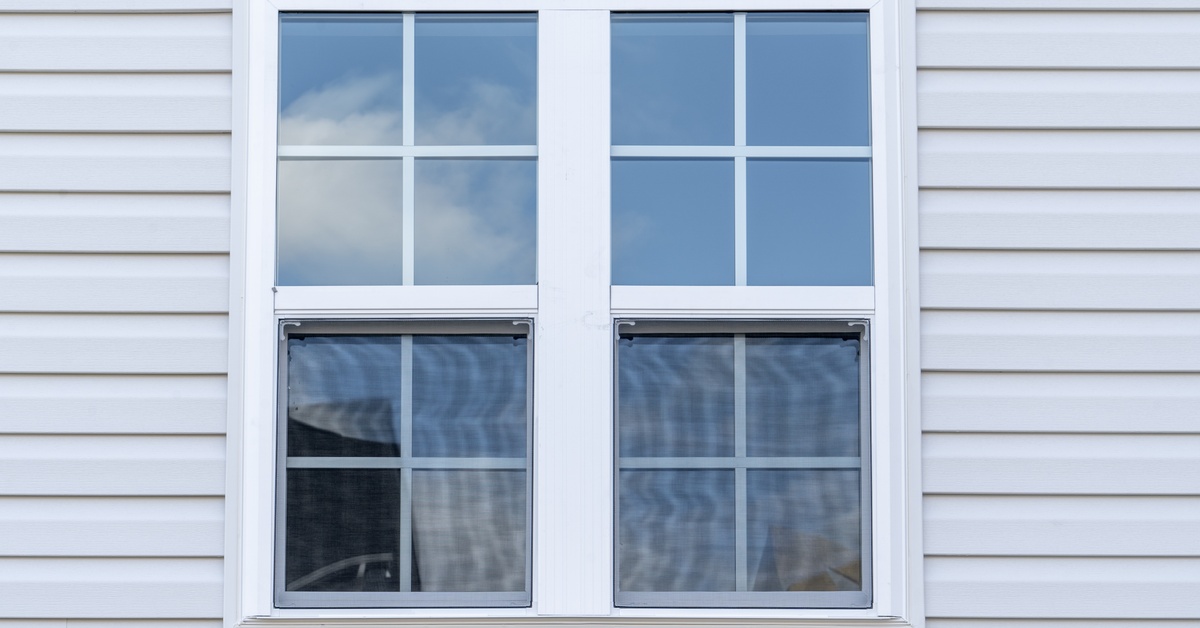
Modern vinyl windows are available in various styles. From standard double-hung windows to casement or picture windows, manufacturers can tailor vinyl’s insulating benefits to any home layout.
Windows designed for extreme climates might feature thicker frames or additional insulating materials, allowing them to perform better under challenging conditions. Customization options, such as frame color and hardware finishes, ensure that vinyl windows can match a home’s aesthetics without compromising their practical benefits.
Why Vinyl Windows Are Ideal for Insulation
All in all, vinyl windows’ low thermal conductivity, tight seals, and compatibility with energy-efficient glass make them powerful assets in reducing heat transfer and minimizing energy loss. Coupled with their noise reduction, durability, and eco-friendly benefits, these windows address multiple aspects of home comfort and sustainability.
With their ability to keep indoor temperatures consistent across seasons, vinyl windows also offer long-term energy savings. Whether upgrading an existing home or selecting features for a new construction, go for vinyl windows as they provide a comprehensive solution for insulation needs.

